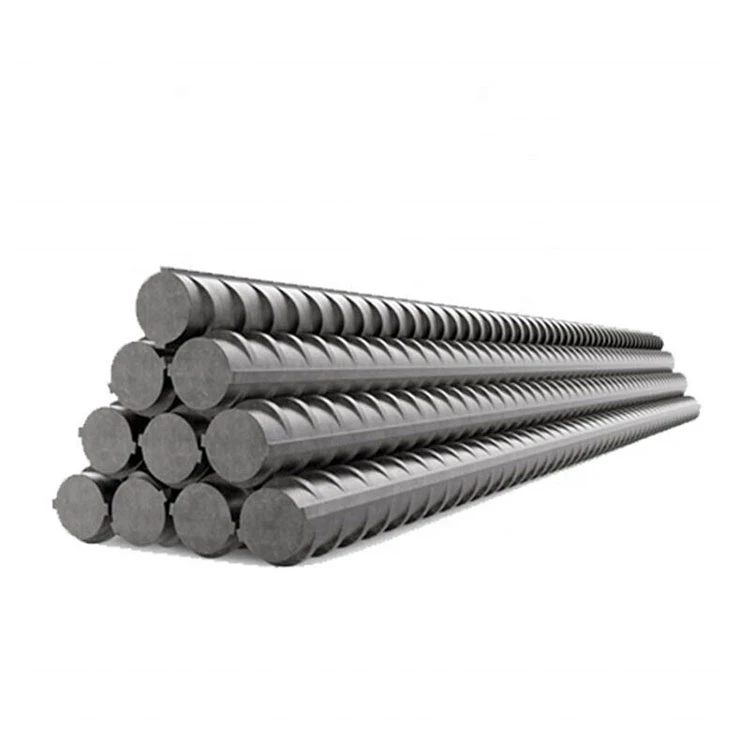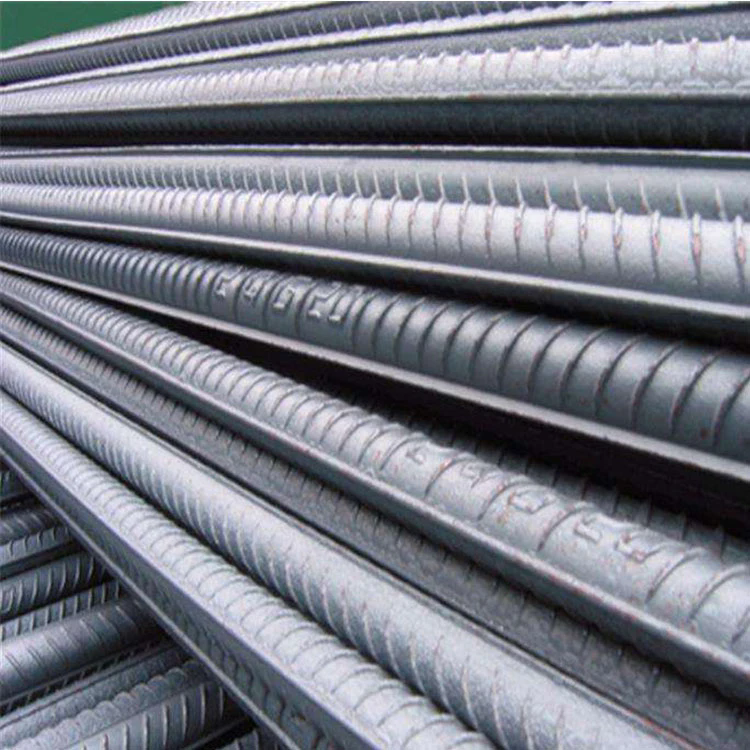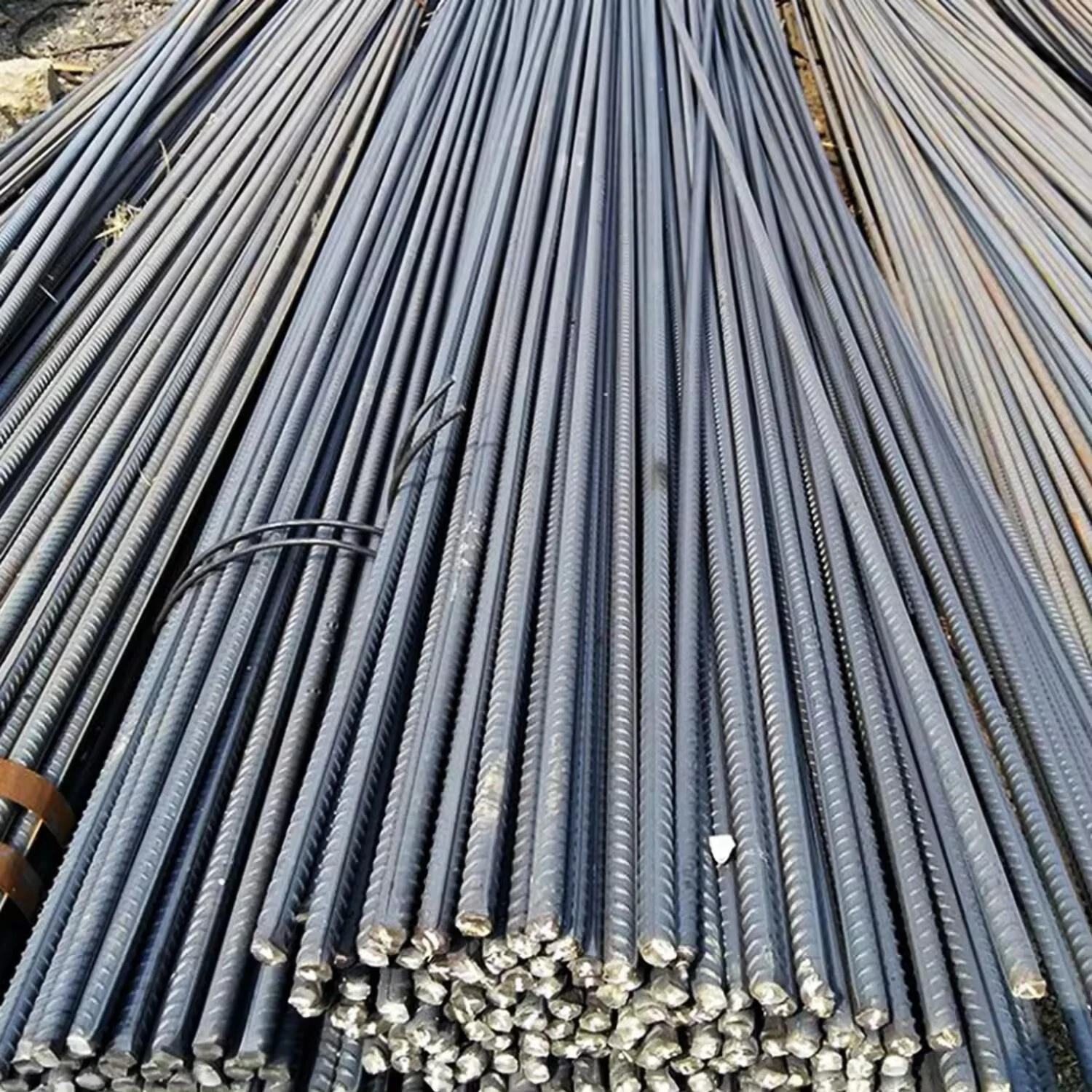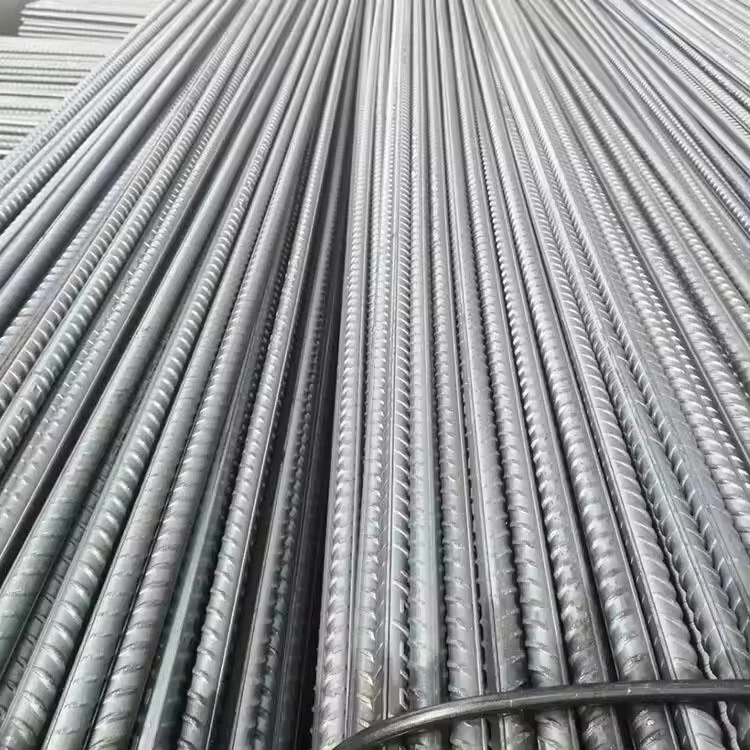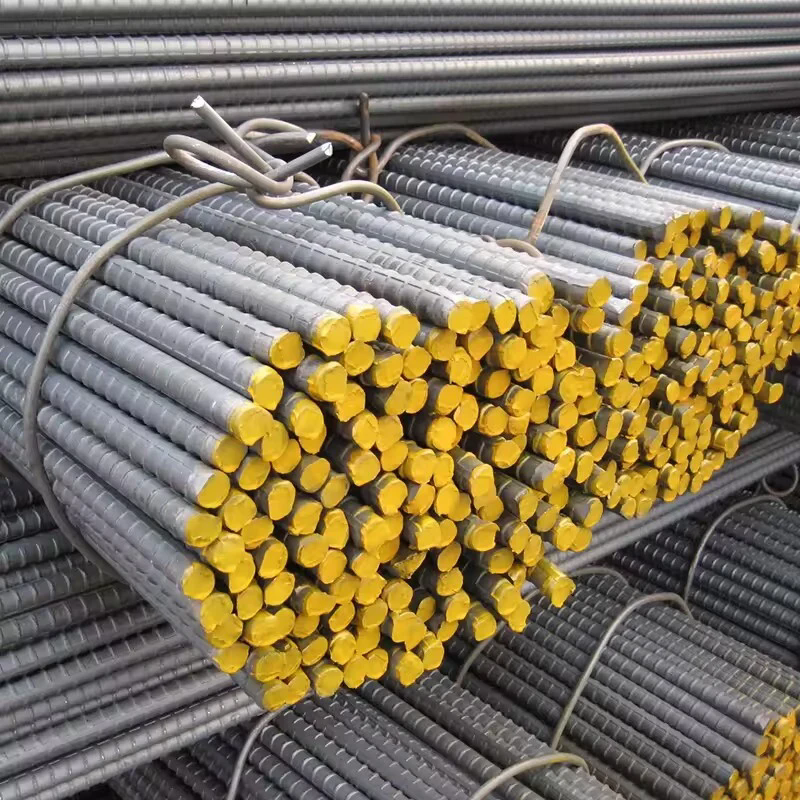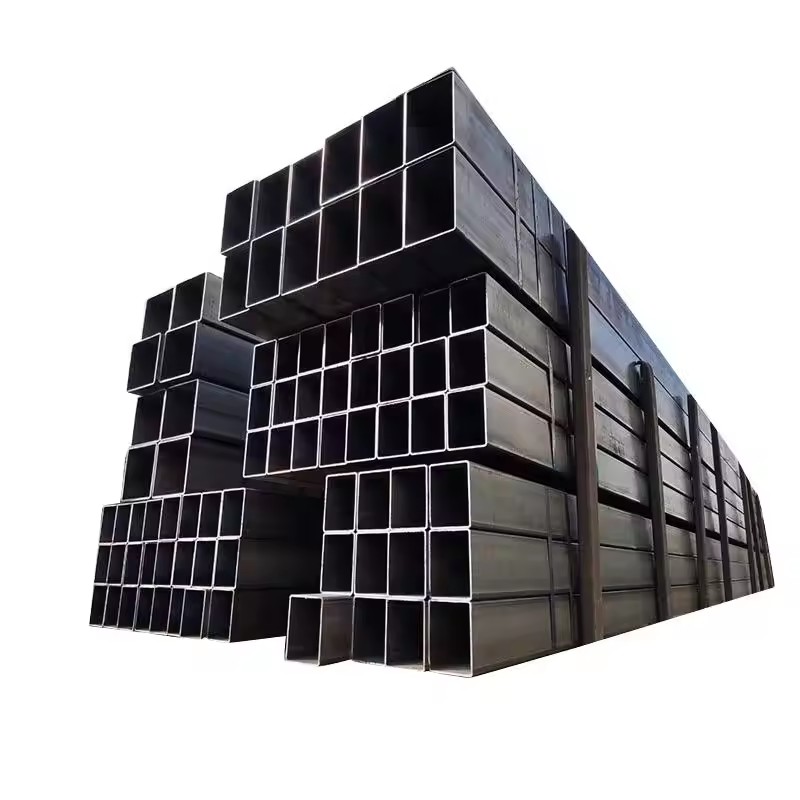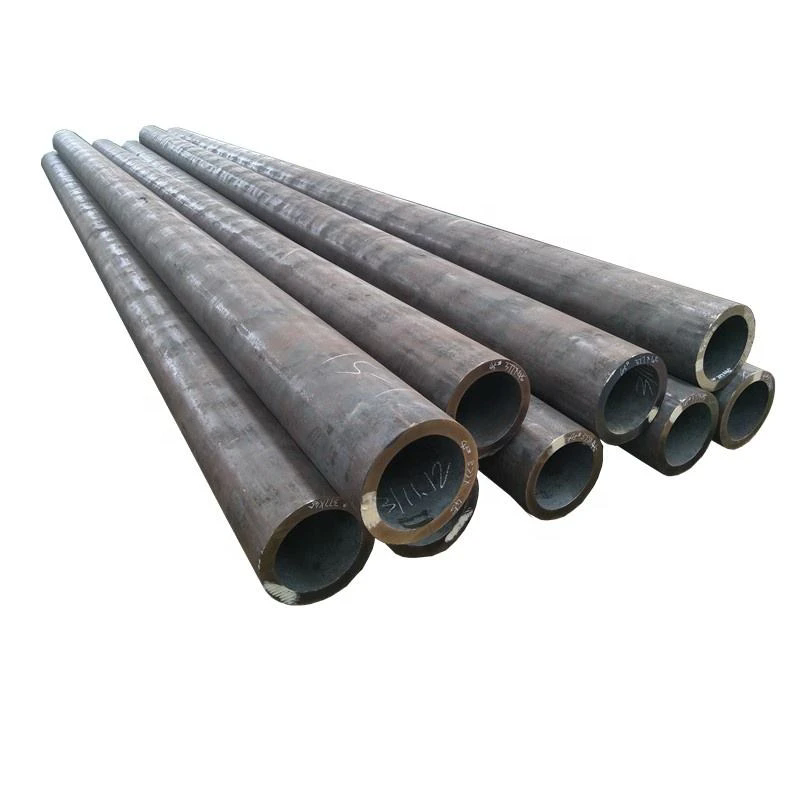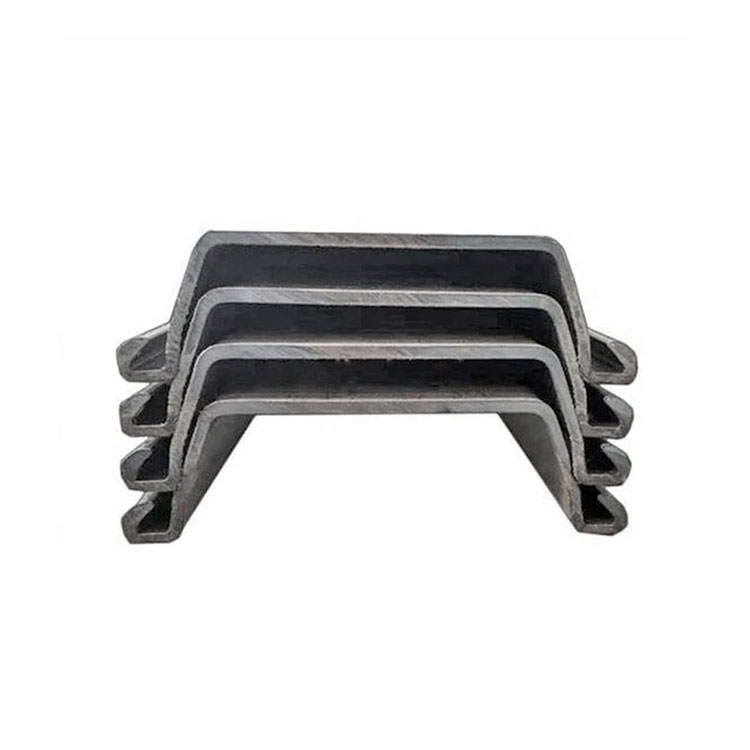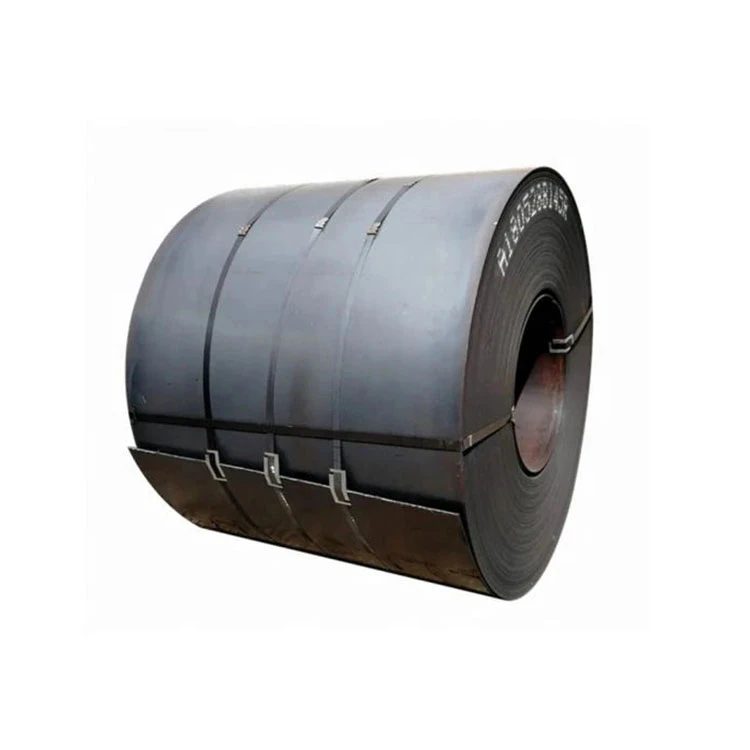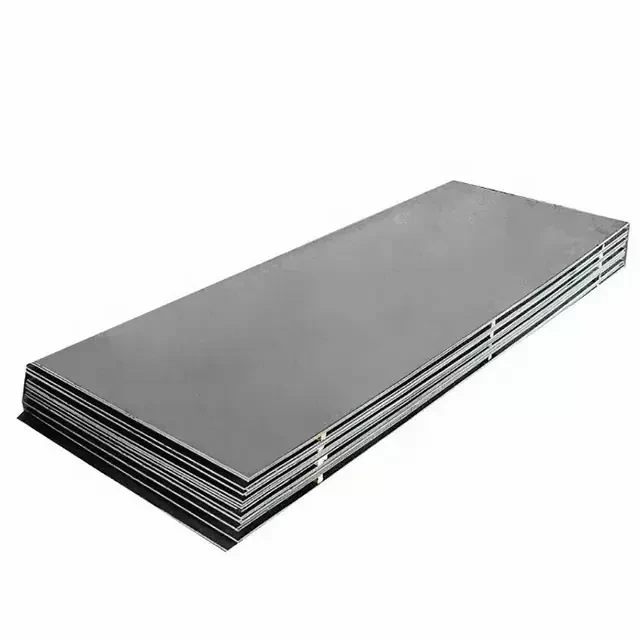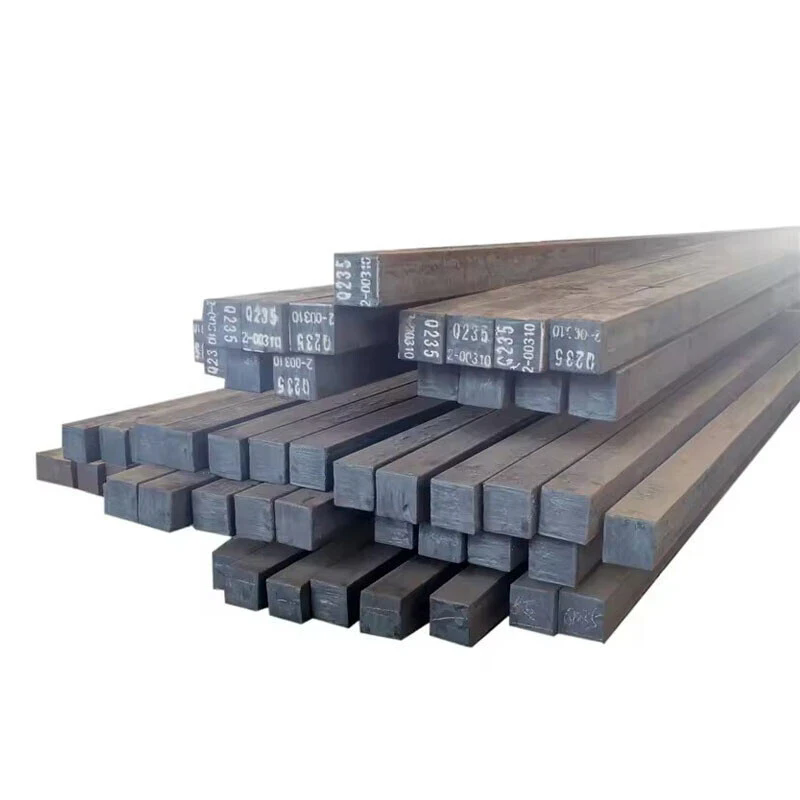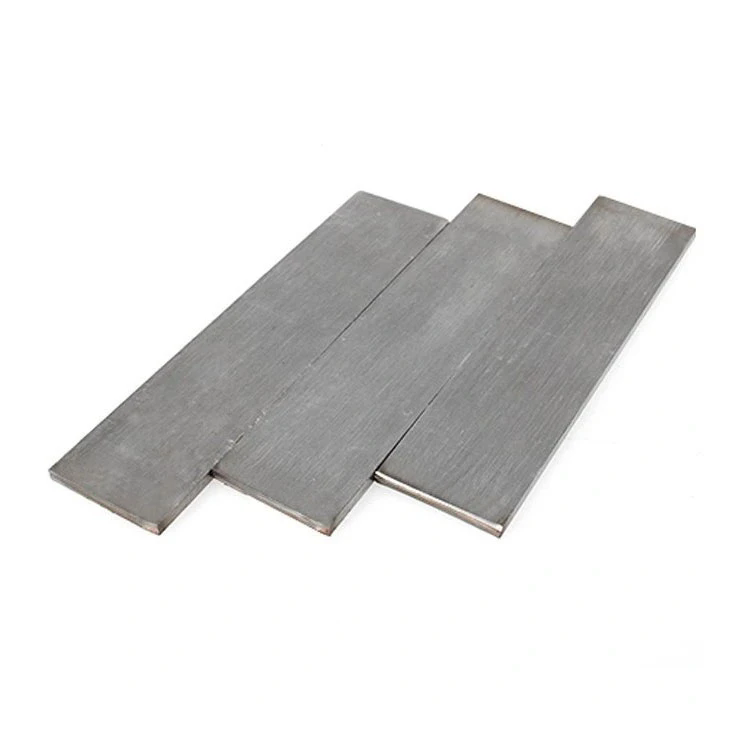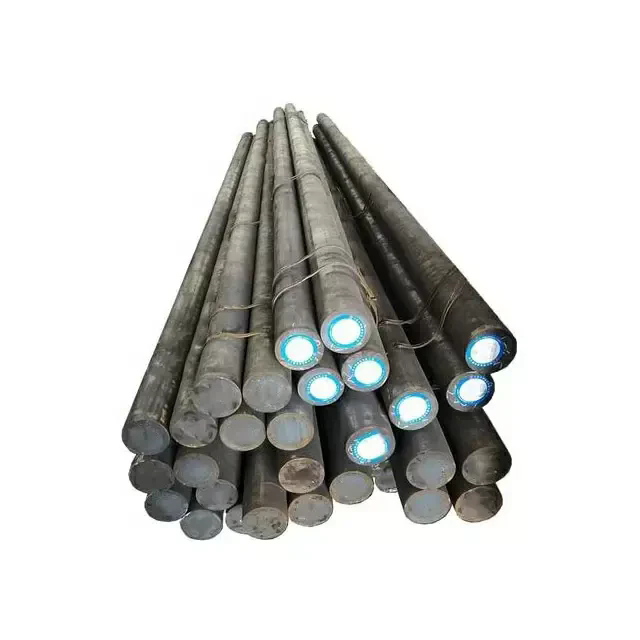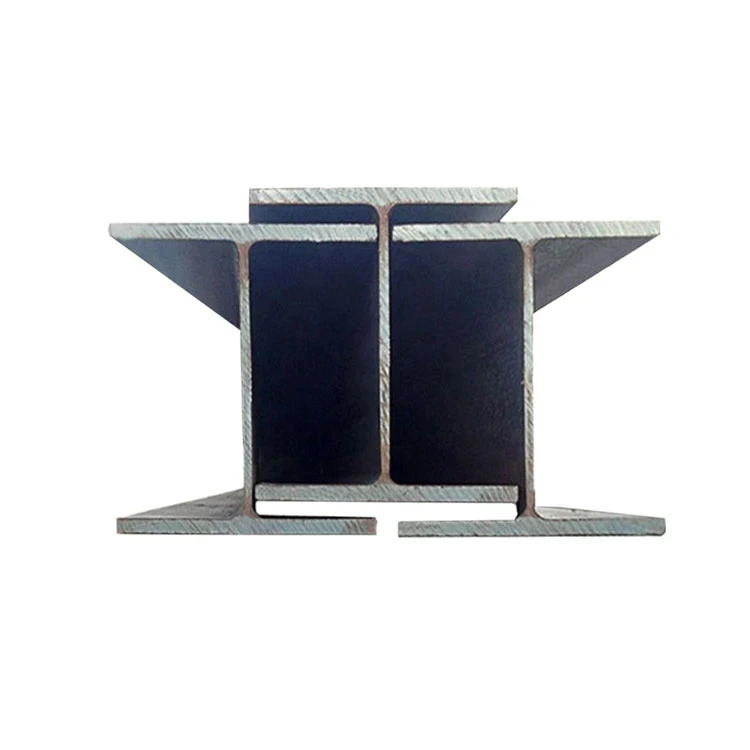PRODUCTS
Get product information and quotes
CONTACT US



Key Attributes
Product Details
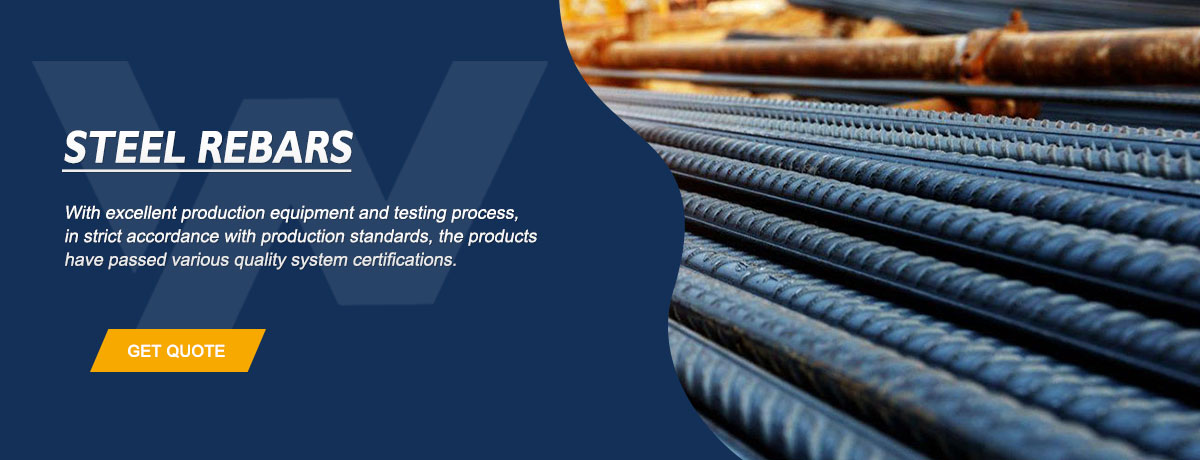
Steel Rebars
Steel Rebars, or reinforcing bars, are essential carbon steel components with ribbed surfaces designed to enhance bond strength with concrete. Widely used in construction, bridges, and infrastructure projects, they comply with international standards such as ASTM A615, BS 4449, and GB 1499. Composed of 0.25-0.55% carbon, 0.30-1.00% manganese, and low sulfur/phosphorus content, they exhibit yield strengths from 400MPa (Grade 40) to 600MPa (Grade 60) and tensile strengths ranging 500-700MPa. Surface treatments like epoxy coating or galvanization improve corrosion resistance, while deformation patterns (e.g., lunar or spiral ribs) ensure mechanical anchorage in concrete. Manufactured via hot-rolling with precise dimensional control, advanced processes like microalloying (e.g., niobium) and controlled cooling enhance strength and durability. Applications span residential, commercial, and industrial buildings, as well as highways, railways, and flood control systems.
About Us
The company is committed to providing customers with high-quality, low-cost steel products and strives to create value for customers. With advanced processing equipment and a strong logistics and distribution system, it can meet customer needs at any time.
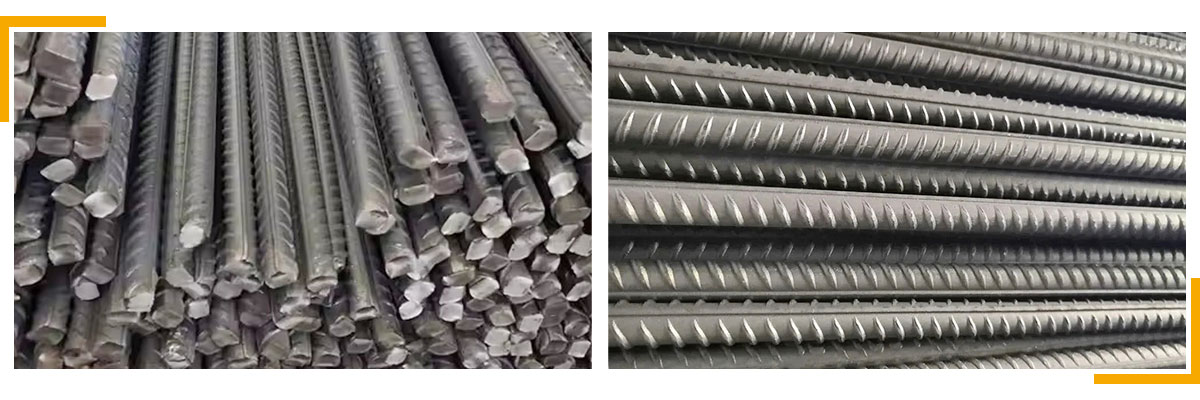
Benefits of Steel Rebars
1. High Tensile Strength Enhances Structural Integrity
Steel rebars provide exceptional tensile strength, compensating for concrete’s weak resistance to tension. This synergy prevents cracks in slabs, beams, and foundations under heavy loads. Their ability to distribute stress evenly reduces structural failure risks in high-rise buildings and bridges. Reinforced concrete structures achieve longer lifespans with minimal maintenance.
2. Superior Ductility for Seismic Resistance
The ductile nature of rebars allows structures to flex during earthquakes without fracturing. This elasticity absorbs kinetic energy, safeguarding buildings in tectonic zones. Engineers specify deformed rebars with ribbed surfaces to improve concrete adhesion, ensuring composite action under dynamic stresses.
3. Cost-Effective Reinforcement Solution
Compared to alternative materials like carbon fiber, steel rebars offer unmatched affordability for large-scale projects. Their mass production efficiency lowers per-unit costs, making them ideal for budget-sensitive infrastructure. Recyclability further reduces lifecycle expenses and environmental impact.
4. Corrosion-Resistant Variants for Harsh Environments
Epoxy-coated, galvanized, or stainless steel rebars prevent rust in coastal and chemical-exposed areas. These coatings extend service life in wastewater treatment plants and marine structures. Advanced alloys like microalloyed steel resist chloride-induced degradation, minimizing concrete spalling risks.
5. Ease of Fabrication and Installation
Rebars can be cut, bent, and welded on-site to match complex architectural designs. Standardized diameters (e.g., #3 to #18) ensure compatibility with construction schedules. Prefabricated cages accelerate concrete pouring, reducing labor hours in residential and commercial projects.
6. Thermal Compatibility with Concrete
Steel’s similar coefficient of thermal expansion to concrete prevents internal stress from temperature fluctuations. This compatibility avoids delamination in extreme climates, from desert heat to Arctic cold. Fire-resistant properties also maintain structural stability during blazes.
7. Sustainable Construction Material
Recycling scrap steel into rebars reduces industrial waste and carbon emissions. Life cycle assessments show lower embodied energy compared to plastic or composite alternatives. Green building certifications, such as LEED, prioritize steel reinforcement for eco-friendly construction practices.
Applications of Steel Rebars
1. Construction Engineering
Steel rebars are essential for reinforcing concrete structures in buildings, providing tensile strength to counteract concrete’s weakness under tension. Used in slabs, beams, and columns, they comply with standards like ASTM A615 and GB 1499. Low-carbon grades (e.g., Grade 40) prioritize weldability, while high-strength variants (Grade 60) enhance load-bearing capacity. Surface deformations (lunar/spiral ribs) ensure strong concrete adhesion, critical for seismic resistance and long-term durability in residential and commercial projects.
2. Bridge Engineering
In bridges, steel rebars withstand dynamic loads and environmental stress. High-strength grades (e.g., 500MPa yield) are common, often paired with epoxy coatings for corrosion resistance in marine or de-icing salt environments. Standards like BS 4449 mandate strict dimensional tolerances and mechanical properties. Advanced processes like microalloying improve ductility, while controlled cooling enhances strength, ensuring safety in long-span structures like the Wenzhou Beijiang Bridge.
3. Road Infrastructure
Roads and highways utilize steel rebars in pavements, retaining walls, and drainage systems. Corrosion-resistant treatments (galvanization, polymer coatings) are critical due to exposure to moisture and chemicals. Standards such as ASTM A615 regulate carbon content (0.25-0.55%) and elongation (>10%) to prevent cracking under traffic loads. Innovations like prefabricated rebar cages accelerate construction while maintaining precision in projects like highway expansions.
4. Hydraulic Engineering
Dams, canals, and flood control systems rely on steel rebars for water-resistant structures. Specialized coatings (e.g., zinc-rich primers) protect against prolonged water exposure. In projects like the Three Gorges Dam, rebars with ultra-high tensile strength (700MPa) and low carbon content (<0.2%) ensure crack resistance under hydrostatic pressure. Thermal spraying and epoxy encapsulation further mitigate erosion in high-velocity water environments.
5. Seismic-Resistant Structures
Earthquake-prone regions demand steel rebars with enhanced ductility and energy absorption. Standards like Eurocode 8 specify grades with elongation >20% and charpy impact toughness >27J at low temperatures. Ribbed profiles and close spacing improve concrete bonding, while advanced grades (e.g., Grade 60) undergo heat treatment for uniform microstructures. Applications include hospital and school buildings in seismic zones like Japan and California.
6. Industrial Facilities
Factories and warehouses use steel rebars in heavy-duty floors, equipment foundations, and storage racks. High-yield grades (e.g., Grade 75) resist fatigue from machinery vibrations, while corrosion-resistant alloys (e.g., stainless-clad rebars) endure chemical exposure. Custom fabrication, such as bent or threaded rebars, meets specialized needs in automotive plants and energy facilities. The Raleigh Steel Mill renovation exemplifies adaptive reuse, integrating historic rebar frameworks with modern steel extensions for multi-functional industrial spaces.
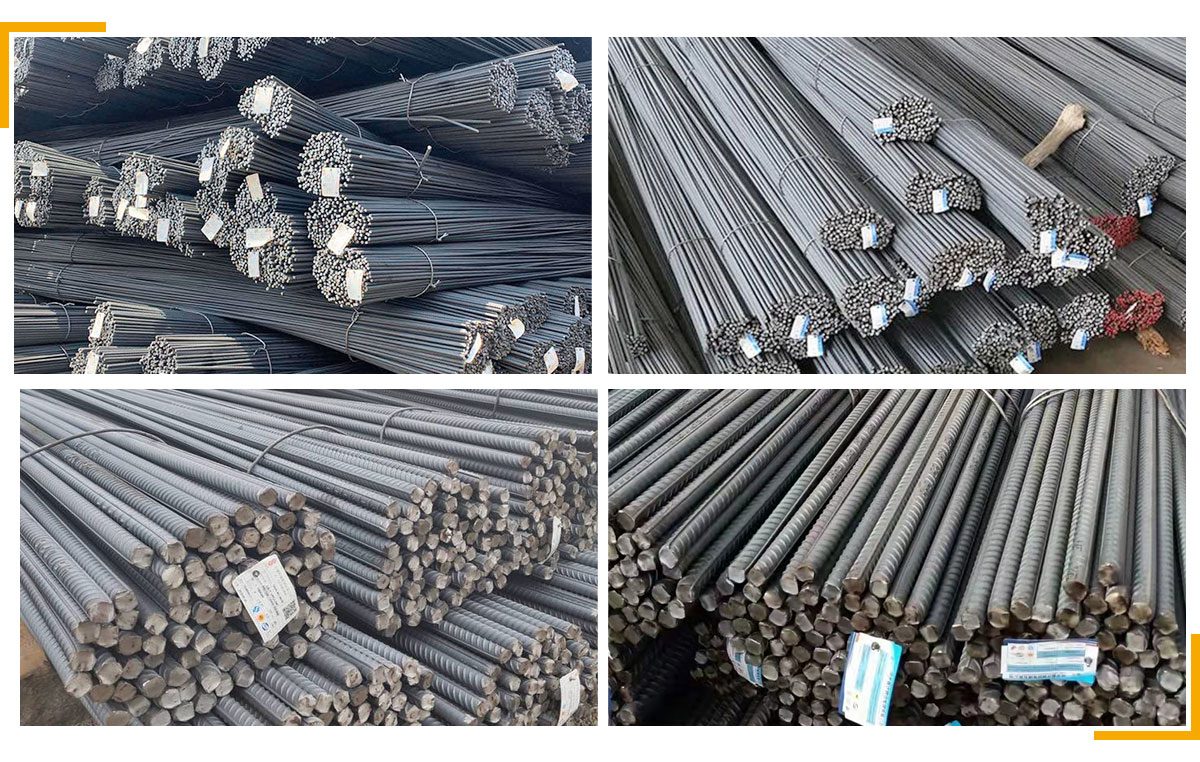
Quality Control and Technological Innovation
The company has an experienced technical R&D team, using internationally advanced production processes and testing equipment to ensure that each batch of products meets international quality standards. We strictly implement the ISO quality management system. From raw material procurement to finished product delivery, every link is strictly controlled to provide customers with the most reliable product guarantee. At the same time, we continue to explore the application of new technologies and new materials, drive development with innovation, and maintain our leading position in the industry.
Service Concept and Market Layout
The company adheres to the customer-centric service concept, provides customized solutions, responds quickly to customer needs, and ensures the punctuality of delivery and the thoughtfulness of service. Our foreign trade team is proficient in multiple languages, familiar with international trade rules, and can communicate effectively to provide customers with professional and efficient international trade services. At present, the company's products have successfully entered many international markets such as Europe, America, Africa, and Asia, and have won wide praise and trust.
Our Services
If you don't see what you're looking for, please contact us! No inquiry is too large or too small, we specialize in locating hard to find items. If you do see what you are looking for, we would love to assist you and give you a quote today!

Inquiry
To learn more about this product, you can submit your requirements here
Related Products
Can't find what you're looking for ?
Leave a Message we will call you back quickly!
Leave A Message
If you are interested in our products and want to know more details, please leave a message here, we will reply you as soon as we can.

